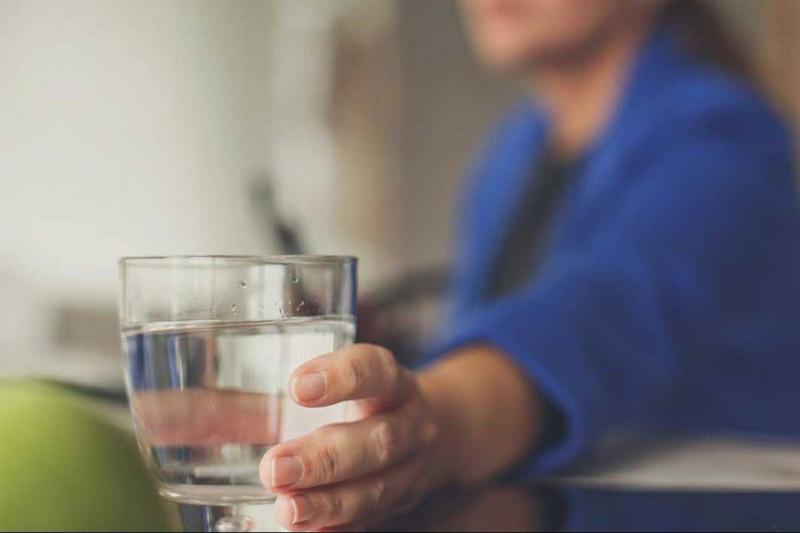Drinking water in insufficient amounts can harm body health, and the same applies to excessive water intake. Individuals who consume more water than the body's needs can face various issues, potentially leading to a condition known as water toxicity.
Water toxicity typically does not occur accidentally, but rather when a person drinks more than the kidneys can eliminate. The timing of water consumption plays a significant role; the kidneys can excrete between 20 to 28 liters of urine per day, but can only eliminate up to one liter per hour. Therefore, it is essential not to drink a large amount of water in a short period. According to an article in a magazine, symptoms of water toxicity are often evident, as consuming very large amounts of water leads to swelling of brain cells, increasing pressure within the skull, resulting in some unpleasant symptoms such as headache, nausea, and vomiting.
Symptoms escalate in severe cases of water toxicity due to low sodium levels in the blood and disturbances in minerals, leading to issues like muscle weakness, muscle cramps, blurred or double vision, confusion and disorientation, cognitive dysfunction, difficulty in breathing, and irregular heartbeats. All of this results in a disruption of central nervous system functions, and in some cases, may lead to brain damage, coma, and in rare instances, death. Depending on the severity of this type of toxicity, appropriate treatment is administered. In mild cases, it may require stopping the intake of water and fluids immediately, while worse cases may necessitate the use of diuretics, and in severe cases, sodium may be used to compensate for the imbalance in minerals.




